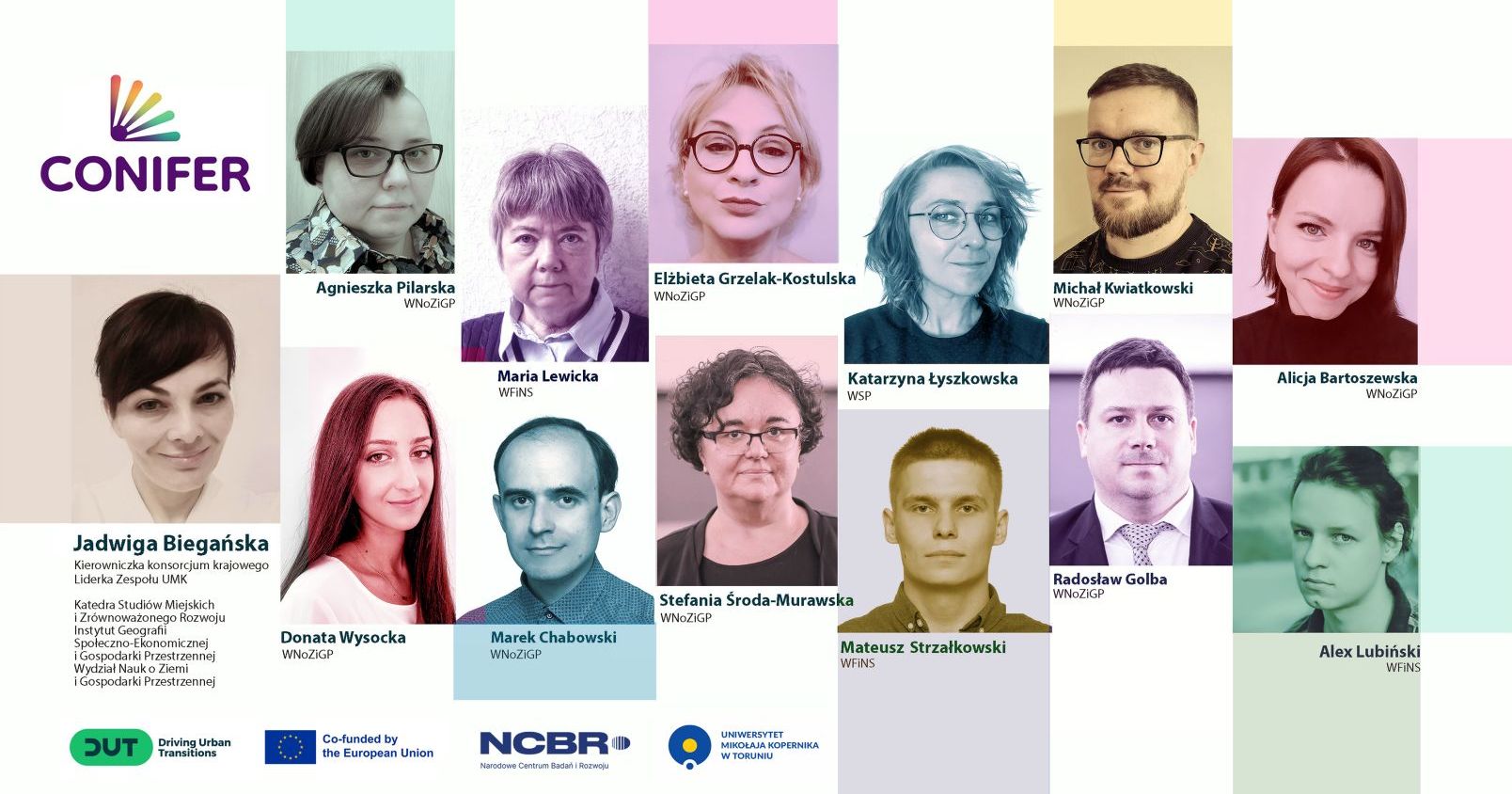 Social sciences
Social sciences
Well-conceived cities
The interdisciplinary and international project “Co-imagining needs-based mobility visions for the proximity city (CONIFER)", whose national leader is Nicolaus Copernicus University in Toruń, has received funding from the Horizon Europe programme “Driving Urban Transitions". The entire project has received PLN 9.6 million from the European Commission, with the Polish side receiving PLN 1.93 million.
The aim of the Driving Urban Transitions programme is to support innovative and interdisciplinary research projects that address the challenges faced by today's cities - primarily the transition to more sustainable economies and more efficient operations. The programme is divided into three tracks under which you can apply for support for your project - these are Circular Urban Economies, Positive Energy Districts and 15-minute Cities (15mC).
It is in the latter that the CONIFER project is located, with a particular focus on the needs of children and young people - groups often overlooked in space planning. The international project consortium comprises 25 partners from several European countries: Belgium, Poland, Germany, Portugal, Hungary, Spain and Switzerland. The leader of the international alliance is the Vrije University in Brussels.
The project involves three key activities:
- diagnosing the mobility cultures of young urban residents, but also of their careers and teachers by means of quantitative (determination of objective 15mC availability by means of apps, surveys) and qualitative methods (photovoice, analysis of mobility patterns on the basis of social media, analysis of mobility narratives in political discourse);
- creating a vision of the city of the future, fair and accessible to all regardless of age, material status, possible disabilities or national/ethnic origin using participatory foresight methods including gamification, design thinking, flagship events, AI;
- proposing recommendations for the city's policies and for the various actors involved in land-use and transport planning.
The activities foreseen in the project will be carried out in six citizens' labs in: Brussels and Kortrijk (Belgium), Matosinhos (Portugal), Budapest (Hungary), Cologne (Germany) and Toruń (Poland).
The national alliance led by the Nicolaus Copernicus University is also made up of the Institute of Geography and Spatial Planning of the Polish Academy of Sciences, the Psychology Foundation of Toruń, the Regional Centre for Cultural Animation in Toruń and the Pedestrian Space Foundation. The work of the team is led by dr hab. Jadwiga Biegańska, NCU Prof. from the Faculty of Earth Sciences and Spatial Management. On the NCU part, the project will be implemented by an interdisciplinary team consisting of:
- socio-economic geographers (dr hab. Elżbieta Grzelak-Kostulska, NCU Prof., dr Michał Kwiatkowski, dr hab. Stefania Środa-Murawska, NCU Prof., mgr inż. Donata Wysocka);
- specialists in GIS, augmented reality, 2D animation and city modelling 3D (mgr Marek Chabowski, dr Radosław Golba, dr inż. Agnieszka Pilarska);
- psychologists (prof. dr hab. Maria Lewicka, mgr Alex Lubiński, mgr Mateusz Strzałkowski);
- artists (dr hab. Katarzyna Łyszkowska, NCU Prof.).
Administrative and accounting support for the project is provided by mgr Alicja Bartoszewska from the Department of Earth Sciences and Spatial Management.
The implementation of the project, whose main focus will be on urban work, required the involvement of local authorities, in the case of the Polish side - Toruń City Hall.
More information about CONIFER can be found on the project's official website https://conifer15.eu/
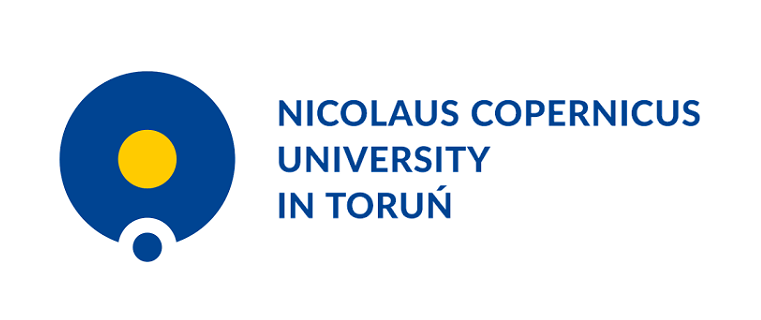 NCU News
NCU News






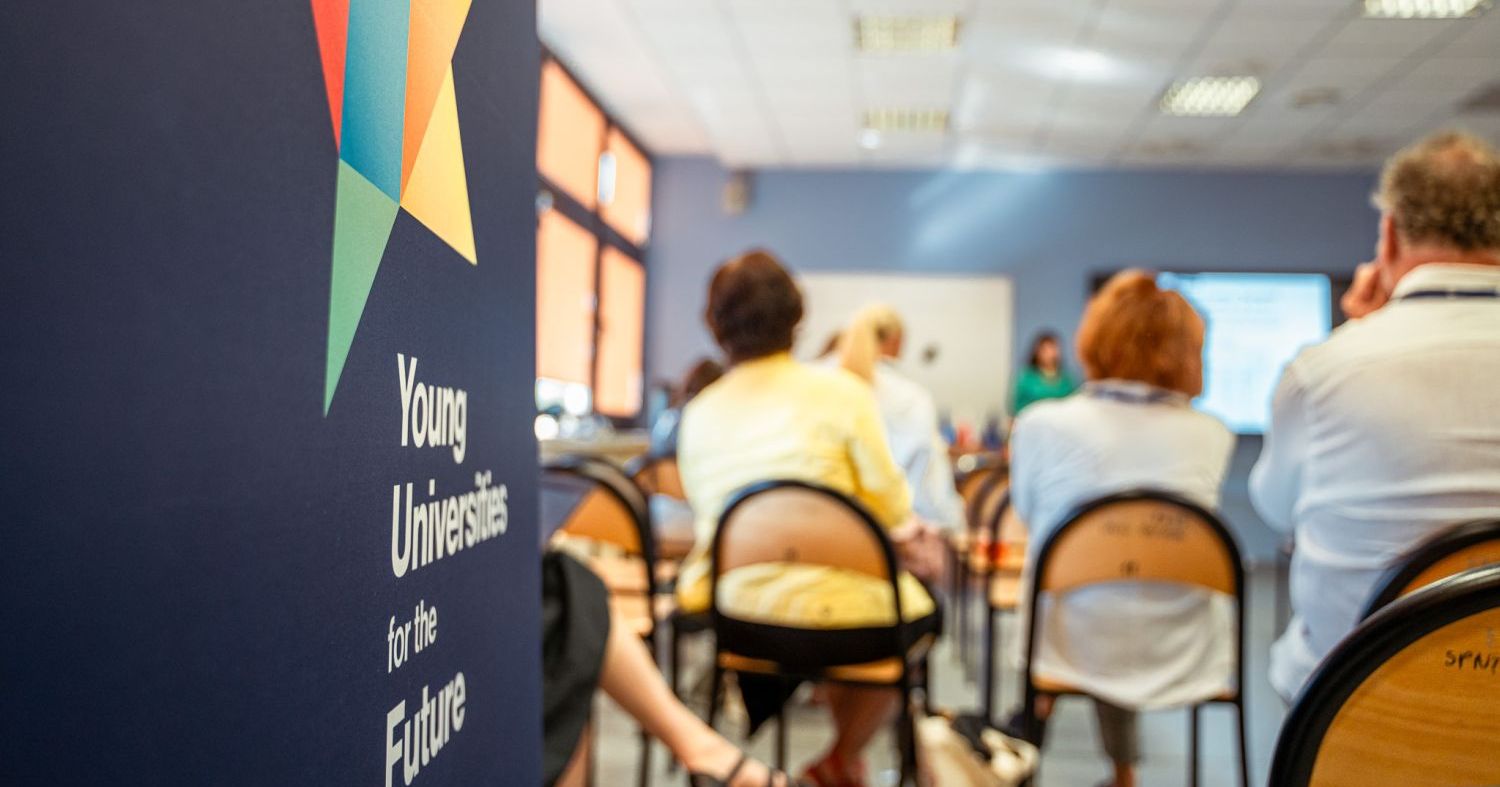 Campus life
Campus life
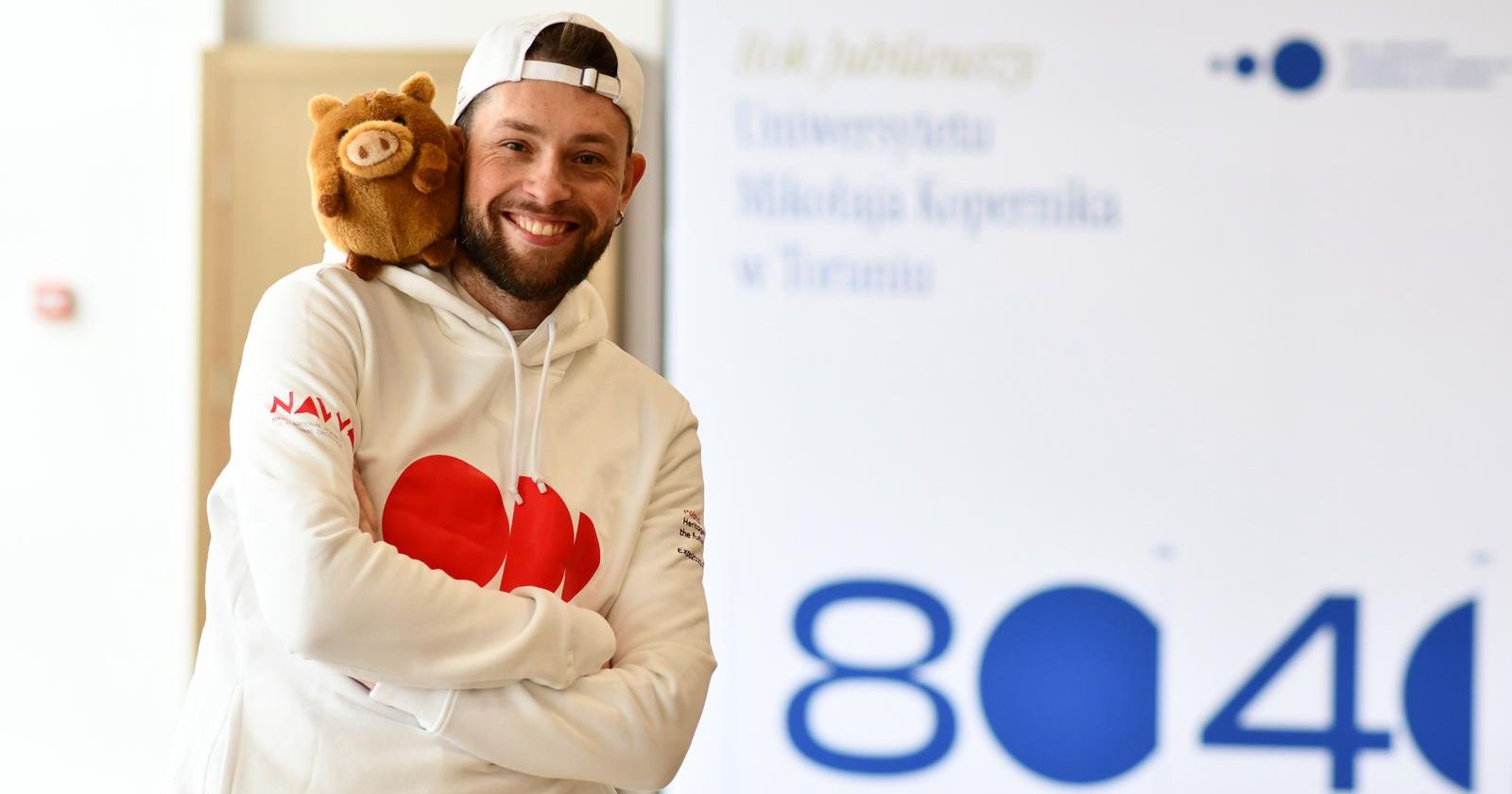 Campus life
Campus life


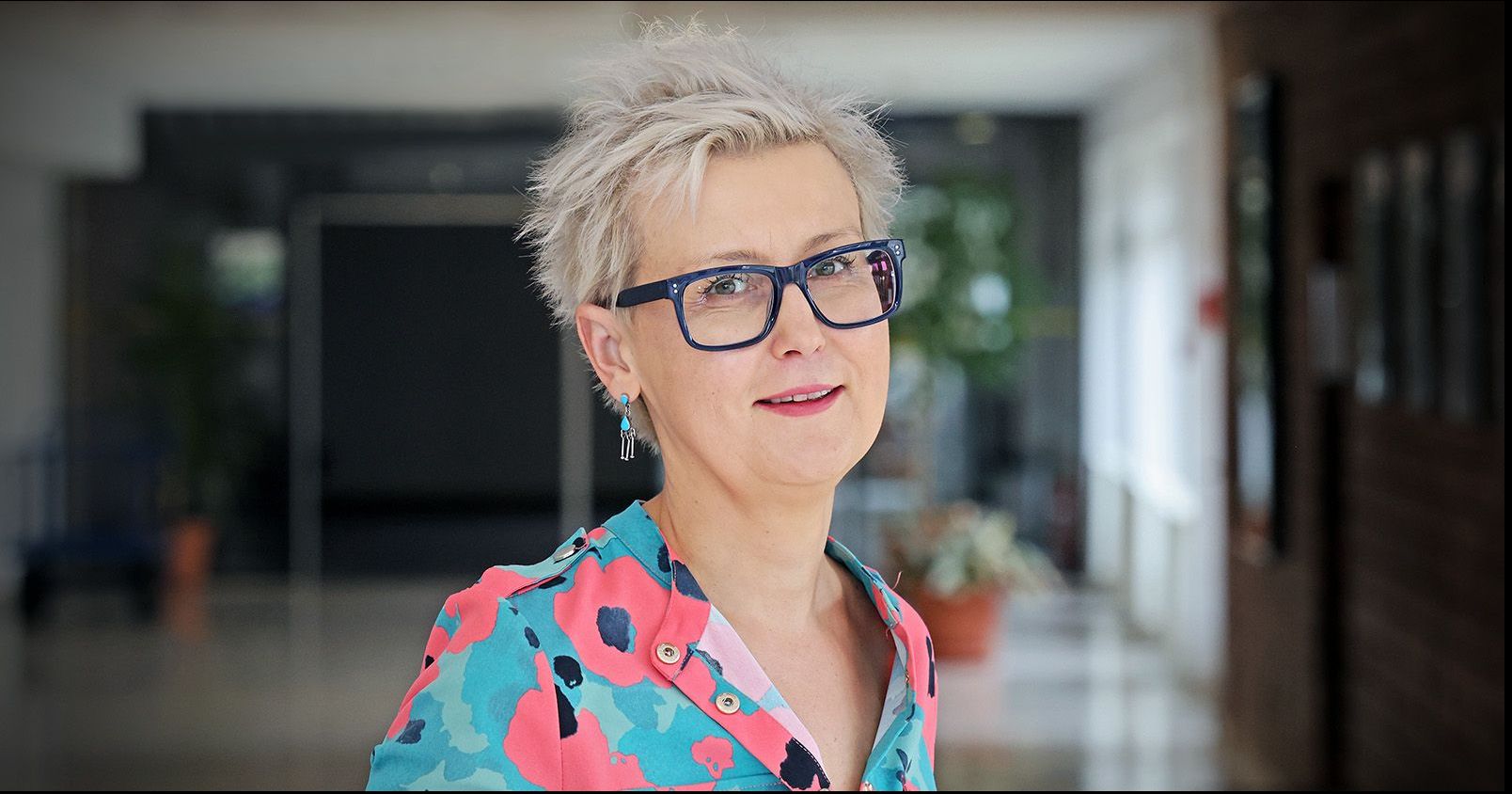 Campus life
Campus life